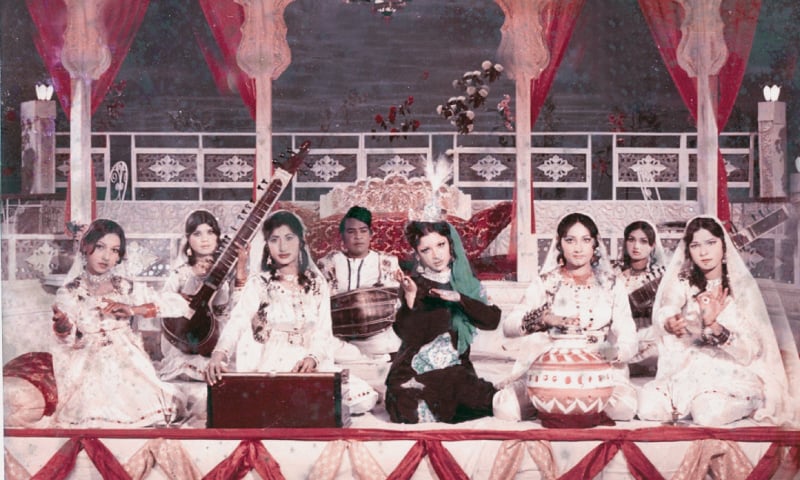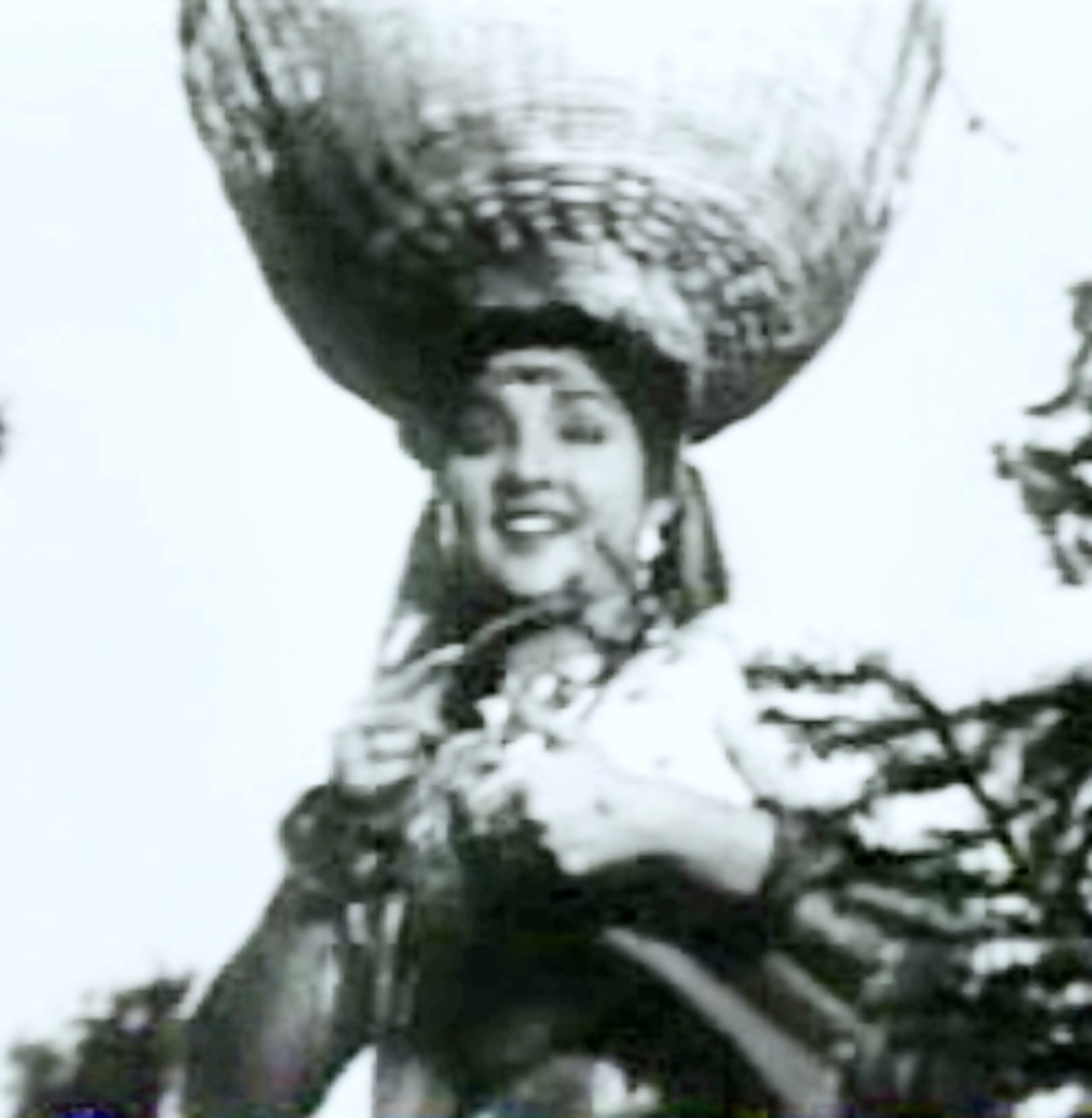

Other gems from the 12 songs - some 20 were said to have been recorded - included the qawwali, Teri mehfil mein kismat aazmakar ham bhi dekhenge, sung by Lata and Shamshad, the paean to love Zindabad, zindabad, the spiritual Bekas pe karam kijiye by Lata and the classical Prem jogan ban ke and Shubh din aayo raj, sung by Bade Ghulam Ali Khan, who reportedly took an enormous fees of Rs 25,000 for the song. That led to the immortal ghazal sung by Lata.Ī Janmashtami bhajan, Mohe panghat pe, was added to highlight Akbar’s secular roots. The composer recited a UP folk song, Prem kiya, kya chori kari hai. It’s said after a whole night’s session, Shakeel asked Naushad for a sampler. The lyrics of the iconic Pyar kiya to darna kya, picturised in the palace of mirrors, were rejected draft after draft by Naushad. Shakeel’s songs carried the flamboyance of the era. This musical was based on the fictional romance between prince Salim and courtesan Anarkali and director K Asif wanted to showcase the Moghul splendour in all its glory. He never won a Filmfare with Naushad, despite their long association. Ironically, the first two were composed by Ravi while the latter was composed by Hemant Kumar. The other music directors he gelled well with were Hemant Kumar and Ravi. Shakeel won three Filmfare Awards back-to-back, for Chaudhvin Ka Chand (1960), Gharana (1961) and Bees Saal Baad (1962). Naushad almost never worked with any other lyricist till Shakeel’s death in 1970 due to tuberculosis. Shakeel could sing and Naushad wrote poetry and the duo shared a bond as they understood each other’s art.


Afsana likh rahi hoon, sung by Uma Devi (actress Tun Tun) from the film proved to be hugely successful.

Naushad recommended him to AR Kardar, who signed Shakeel for the film Dard (1947). It’s said composer Naushad heard him in one such mushaira and counselled him to write lyrics for films. He soon started making a name for himself in mehfils and mushairas. Young Shakeel attended Aligarh University in the 1930s, which was at the forefront of political ideologies. His father wanted to give him a classical education and arranged tutors to teach him Arabic, Urdu, Persian and Hindi. Shakeel Badayuni, as the name suggests, was born in the UP town of Badaun in 1916.


 0 kommentar(er)
0 kommentar(er)
